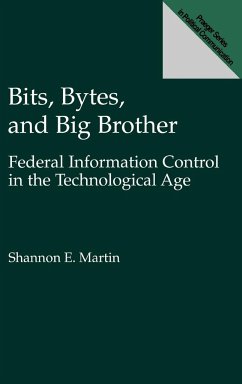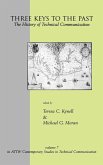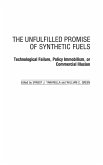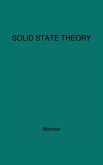This study examines the tensions and interrelationships inherent in federal control of information in the technological era. Analyzing topics relating to information content and carrier issues, citizens' natural rights and utilities, and the effects of the executive and legislative branches, the author examines the historical definitions of information, traditional ethical principles, the parameters as framed by the Constitution, and three kinds of information control actions promulgated by the federal government (the Foreign Agents Registration and Propaganda Act, the Computer Security Act of 1987, and the Pentagon media rules during the Persian Gulf War). Following analysis of the practical, ethical, and legal issues involved, the author recommends a proactive information policy encompassing both information content and carriers and preserving Constitutional principles on the free flow of information.
Hinweis: Dieser Artikel kann nur an eine deutsche Lieferadresse ausgeliefert werden.
Hinweis: Dieser Artikel kann nur an eine deutsche Lieferadresse ausgeliefert werden.








